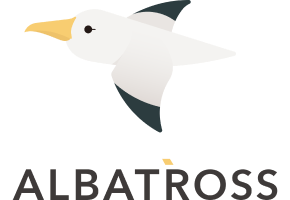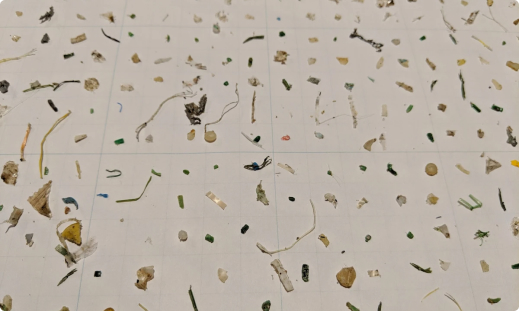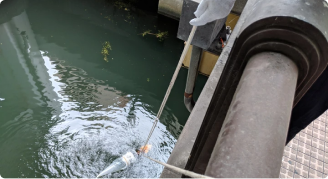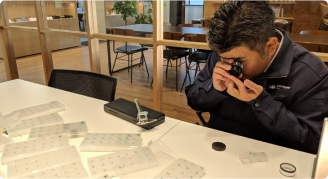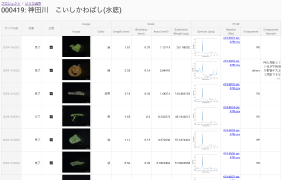What are Microplastics?
Microplastics are plastics pieces smaller than 5mm, derived from the plastic items we use in our daily lives and broken down due to various factors, such as ultraviolet rays.
Due to their minuscule size, microplastics can be easily ingested by living creatures, including human beings, and accumulate in their bodies. They are also capable of absorbing contaminants that are hazardous to the human body. Considering such properties, multiple studies have raised concerns that the ingestion of microplastic may lead to increased risks of cancers (1,2).
1. Segovia‐Mendoza M, Nava‐Castro KE, Palacios‐Arreola MI, Garay‐Canales C, Morales‐Montor J. How microplastic components influence the immune system and impact on children health: Focus on cancer. Birth Defects Research 2020;112(17):1341–61.
2. Sharma MD, Elanjickal AI, Mankar JS, Krupadam RJ. Assessment of cancer risk of microplastics enriched with polycyclic aromatic hydrocarbons. J Hazard Mater. 2020 Nov 5;398:122994.

